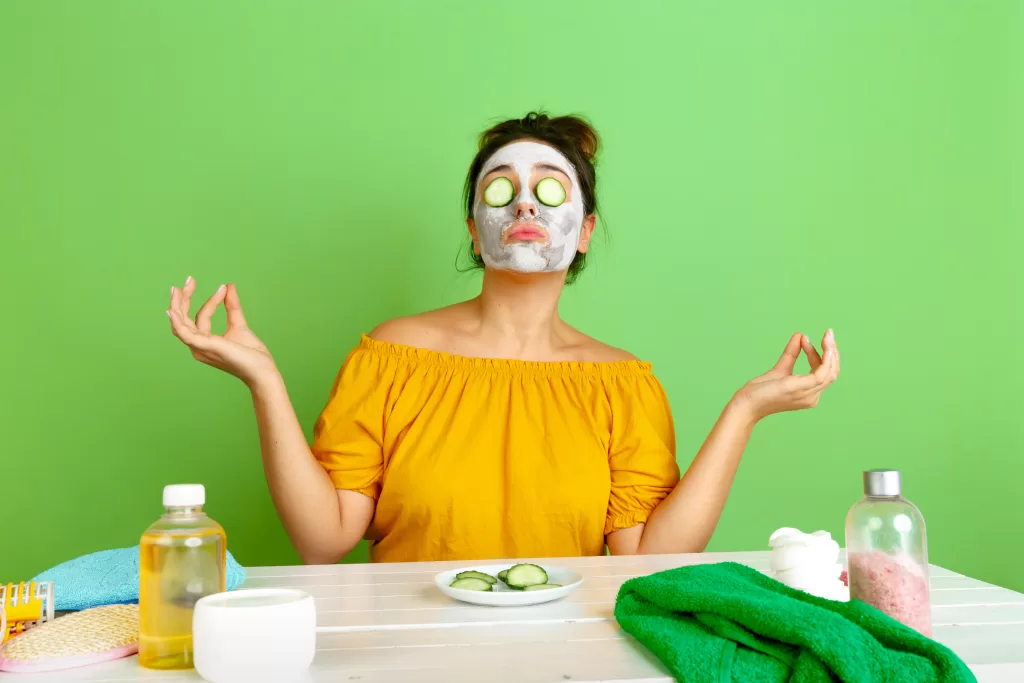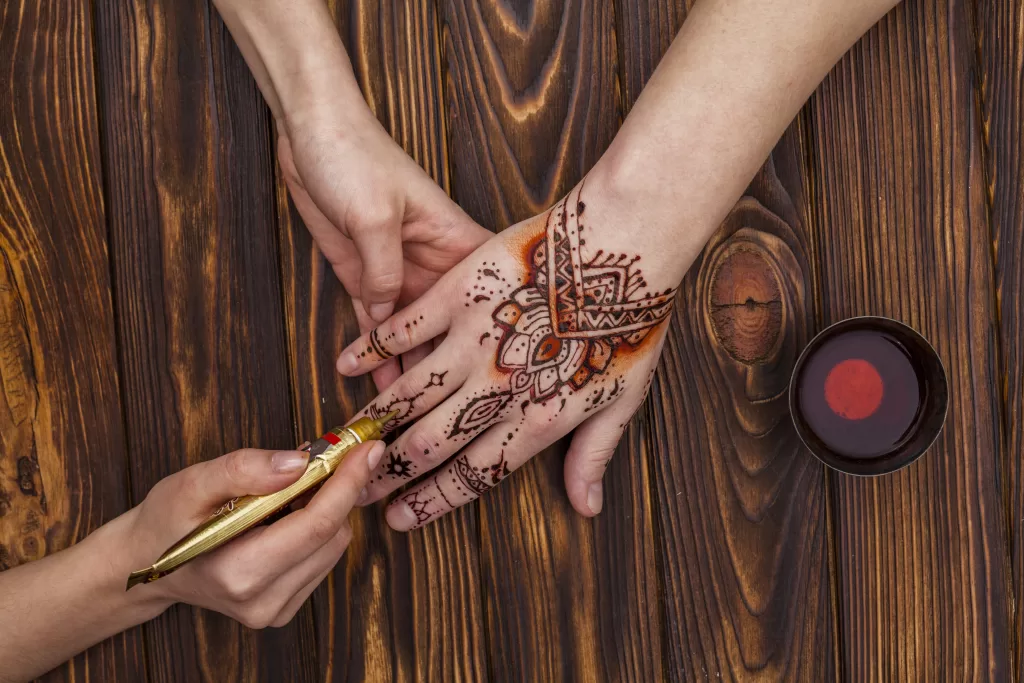In the kaleidoscope of global cultures, each nation holds traditions and practices that contribute to its rich cultural heritage. One such intricate thread in the fabric of diversity is the traditional beauty routines of Pakistan. Beyond the vibrant landscapes and centuries-old history, Pakistan boasts a diverse cultural tapestry that reflects in its approach to beauty and skincare. This article delves into the fascinating world of traditional Pakistani beauty routines, celebrating the uniqueness and diversity that defines beauty in this South Asian nation.

Historical Roots:
Pakistan’s beauty traditions have deep roots in its history, with influences from various civilizations, including the Indus Valley, Persian, Central Asian, and Mughal periods. These historical layers have shaped a beauty culture that embraces both ancient rituals and modern influences.
Ingredients from Nature:
One striking aspect of Pakistani beauty routines is the use of natural ingredients. From the foothills of the Himalayas to the fertile plains of Punjab, Pakistan is abundant in natural resources that contribute to skincare practices. Ingredients such as sandalwood, rosewater, turmeric, and neem have been staples in beauty regimens for centuries. These natural elements not only enhance physical beauty but also hold cultural significance, connecting individuals to their ancestral roots.
Multifaceted Approaches:
Pakistani beauty routines are not monolithic; rather, they are as diverse as the country itself. Different regions, ethnicities, and communities within Pakistan may have distinct beauty practices. For instance, the bridal beauty rituals in Punjab may differ significantly from those in Sindh or Balochistan. This diversity reflects the multicultural mosaic that defines Pakistan, where beauty is a subjective expression shaped by geography, climate, and cultural nuances.
Traditional Attire and Adornments:
In Pakistan, beauty isn’t confined to skincare alone; it extends to traditional attire and adornments. The colorful fabrics, intricate embroidery, and elaborate jewelry worn by Pakistani women during cultural events and ceremonies are an integral part of their beauty regimen. These elements not only enhance physical appearance but also serve as a cultural identifier, showcasing the rich heritage that has been passed down through generations.
Henna Artistry:
No exploration of Pakistani beauty routines would be complete without acknowledging the artistry of henna. Mehndi, or henna, holds a special place in Pakistani culture and is an essential part of celebrations and rituals. Elaborate henna designs are applied to the hands and feet during weddings and festivals, symbolizing beauty, prosperity, and good fortune. The intricate patterns also narrate stories of love, cultural motifs, and religious symbols, adding a layer of meaning to the aesthetics.
Modern Influences:
While traditional beauty practices are deeply cherished, modern influences have also found a place in Pakistani beauty routines. Urbanization, exposure to global beauty trends, and the beauty industry’s evolution have led to a fusion of traditional and contemporary approaches. Skincare routines now incorporate a blend of ancient remedies and modern products, emphasizing both holistic well-being and cosmetic enhancement.

In conclusion, financial literacy emerges as a beacon of empowerment for women in Pakistan, challenging traditional gender roles and fostering economic independence. As women gain the knowledge and skills to navigate the financial landscape, they become architects of their financial destinies, contributing to a more inclusive and equitable society. The journey toward financial literacy is not just about money; it’s about dismantling barriers, fostering independence, and rewriting the narrative for women in Pakistan’s patriarchal context.

